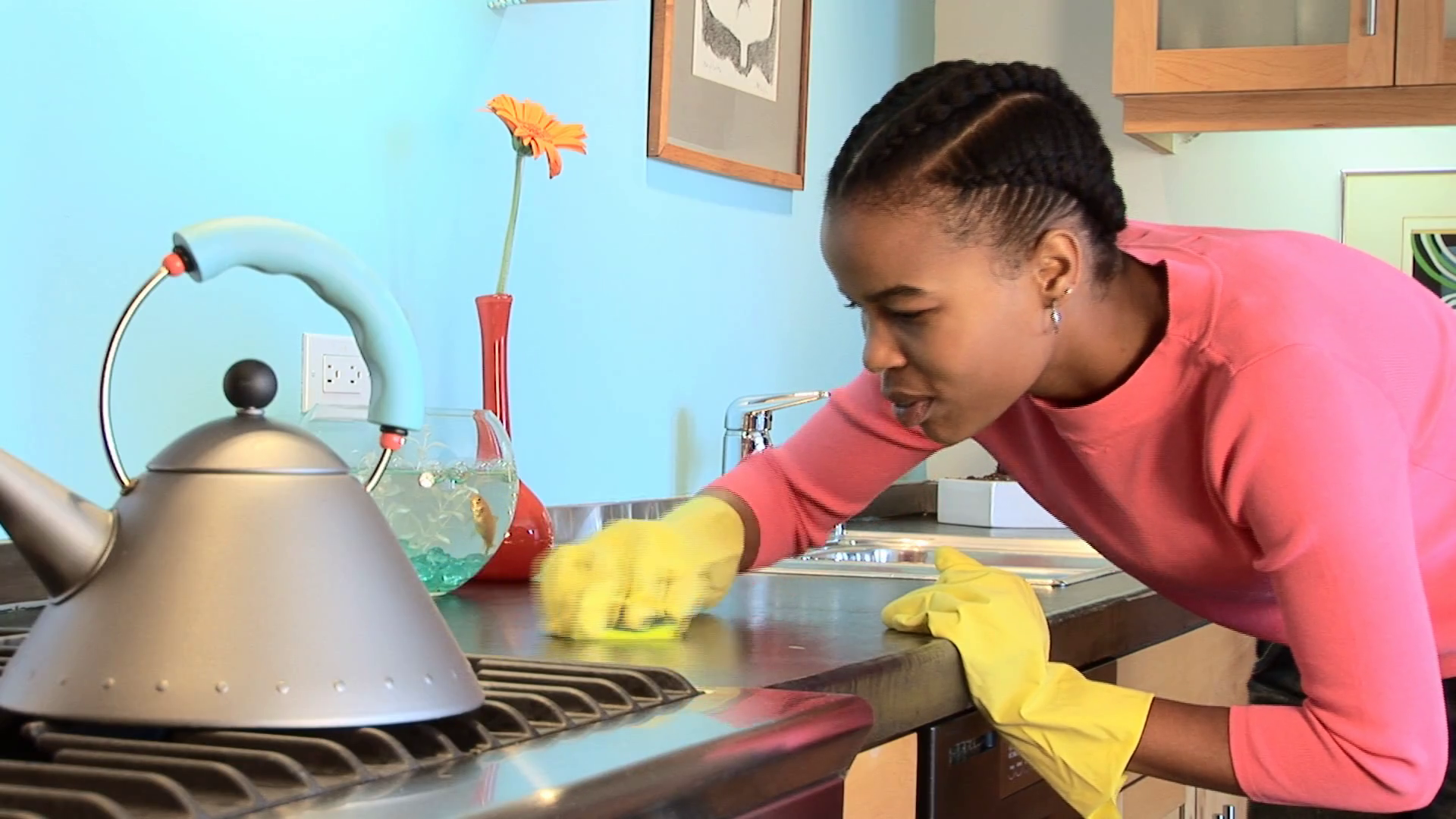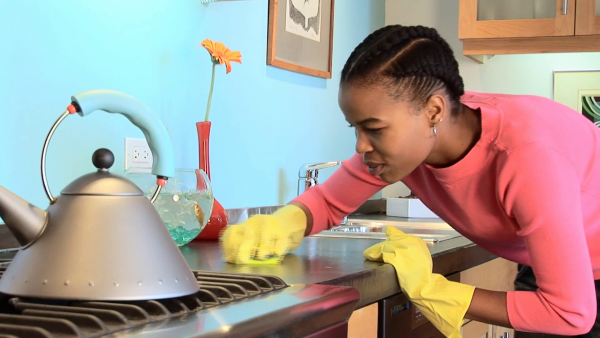The kitchen is the powerhouse of the home. The key to the health of the family. Thus, food safety is considered top priority. Good kitchen hygiene ensures that everything about food preparation and consumption is safe. Below are six tips on how to maintain hygiene in the kitchen.
Wash your hands
The hand is one part of the body that plays a major role in food preparation and consumption. Food poisoning is real and it can happen within or outside the home. This is why regular hand washing is very important as it is easy for bacteria to be transferred from hand to food. So, wash your hand before eating. Wash your hand after sneezing, after visiting the toilet or using the waste bin. Also wash your hand before and after touching raw food.
Read more about Kitchen Tips
Cook Food Thoroughly
When food is undercooked, it increases the risk of ingesting harmful bacteria which cause food poisoning. Therefore, if you’re not sure that your food is well cooked, cut into it. If you’re reheating food make sure it is piping hot. If you can, never reheat food more than once.
Clean the Sink Daily and Wipe Down Work Surface after Use
The sink is used several times during the day to wash hands, dishes, vegetables, grains, animal foods. It is therefore not surprising that the sink can be bacteria infested if it is not cleaned properly and regularly. Please make sure you scrub thoroughly several times a day. Between scrubs, wipe down pooled water, spilled oil and other fluids. This will keep the sink clean. Also, wipe down kitchen counter tops after each use with clean cloth and water.
Store Food Properly
This tip is as important as cooking food properly. Cooked food and raw food are stored differently. Also, different raw foodstuffs are stored differently. Therefore, make a habit of knowing the instructions on each food storage. Raw animal food should be placed in a clean bowl before it is stored at the bottom of the fridge or freezer. The bowl will collect whatever moisture is dripping out of the animal food in question. This prevents the moisture from contaminating ready to eat foods that are stored in the same place. Also note that cooked food should be at room temperature before it is stored in the fridge or cooler. When grains in bags are opened, they should be stored in airtight containers. If you suspect that a particular food is spoilt, please dispose immediately.
Sign up to the Connect Nigeria daily newsletter
Separate the Towels
When it comes to kitchen hygiene, the little details are what count. Using different kitchen towels for different tasks is one of those little details. Thus, the towel for hand drying should be different from the one used for cleaning work surface and the one used for drying utensils. These towels should be washed daily.
Clean the Fridge and Freezer
Your fridge and freezer should always be clean. If spilled drinks are not cleaned and decayed food are left in the freezer, other foods stored therein will be contaminated. Therefore, take out the fridge shelves and compartments and clean the fridge thoroughly at least twice a week. Defrost the deep freezer at least three times a year and give it a thorough clean.
Sources:
Guardian Nigeria Online
Best Home Kitchen Stuff
Featured Image Source: Above Whispers
Did you find this article useful? Contact us: [email protected]


